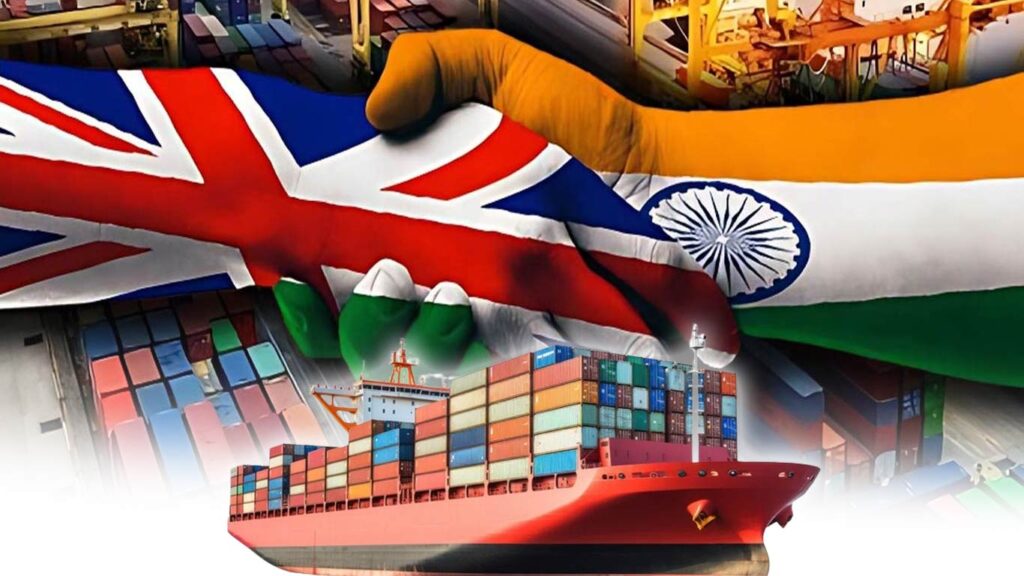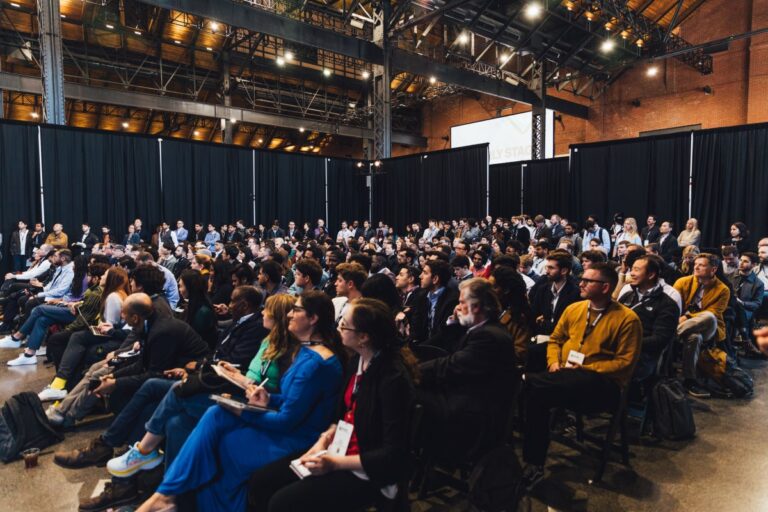New Delhi, May 7 (KNN) India and the United Kingdom have successfully concluded negotiations on a comprehensive Free Trade Agreement (FTA), as announced by Prime Minister Modi and UK Prime Minister Sir Keir Starmer.
The agreement, described as mutually beneficial, aligns with India’s Viksit Bharat 2047 vision and supports both nations’ economic growth objectives.
Commerce and Industry Minister Piyush Goyal described the agreement as establishing “a new benchmark for equitable and ambitious trade between two large economies,” noting it would benefit multiple segments of the Indian economy including farmers, fishermen, workers, MSMEs, startups, and innovators.
The agreement comes against the backdrop of expanding bilateral trade, currently valued at approximately USD 60 billion and projected to double by 2030.
India has secured an exemption for its workers temporarily employed in the UK from paying social security contributions for a period of three years under the Double Contribution Convention, significantly enhancing the competitiveness of Indian service providers in the UK market.
Key elements of the agreement include tariff elimination on approximately 99 percent of tariff lines covering almost 100 percent of trade value, comprehensive market access for goods across all sectors, and enhanced export opportunities for Indian manufacturing sectors including textiles, leather goods, gems and jewelry, engineering goods, and chemicals.
The agreement also establishes ambitious commitments in services sectors including IT/ITeS, financial services, professional services, and educational services.
It facilitates mobility for professionals, including contractual service suppliers, business visitors, investors, intra-corporate transferees and their dependents, and independent professionals such as yoga instructors, musicians, and chefs.
Both nations have affirmed their commitment to strengthening economic cooperation and addressing global challenges, positioning the India-UK FTA as setting “a new benchmark for fair, ambitious, and modern trade agreements worldwide.”
(KNN Bureau)









